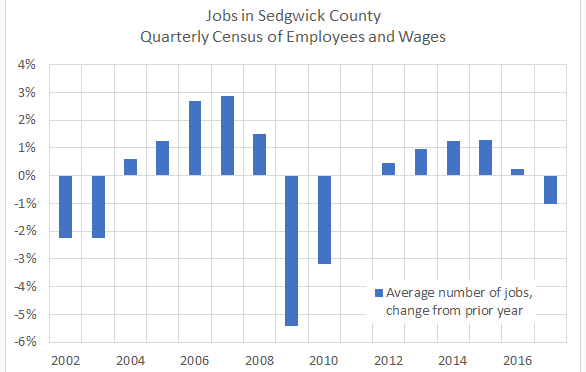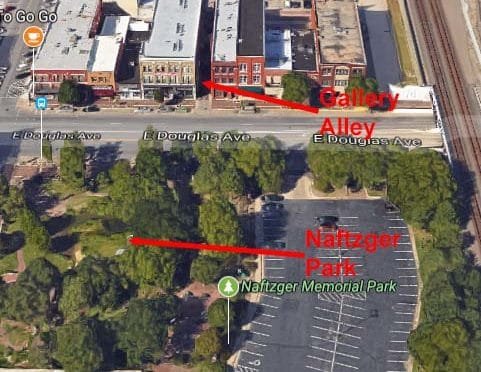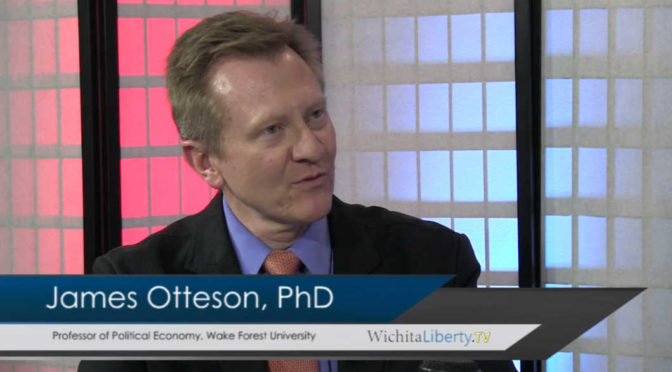Tag: Cronyism
-

In Wichita, spending semi-secret
The Wichita City Council authorized the spending of a lot of money without discussion.
-

Naftzger Park private use plans unsettled
An important detail regarding Naftzger Park in downtown Wichita is unsettled, and Wichitans have reason to be wary.
-

Sedgwick County’s David Dennis on economic development
Following the Wichita Mayor, the Chair of the Sedgwick County Commission speaks on economic development.
-

Naftzger Park concerts and parties?
In Wichita, a space for outdoor concerts may be created across the street from where amplified concerts are banned.
-

Wichita WaterWalk contract not followed, again
Wichita city hall failed to uphold the terms of a development agreement from five years ago, not monitoring contracts that protect the public interest.
-

Wichita WaterWalk agreement not followed
Does the City of Wichita enforce its public-private partnership agreements? In some cases the city doesn’t even ask for the information that is needed for enforcement.
-

WichitaLiberty.TV: Dr. James Otteson on capitalism
Dr. James Otteson is executive director of the BB&T Center for the Study of Capitalism at Wake Forest University. He was in Wichita to speak at the Bastiat Society and stopped by the WichitaLiberty.TV studios to discuss capitalism.
-

Year in Review: 2016
Here are highlights from Voice for Liberty for 2016. Was it a good year for the principles of individual liberty, limited government, economic freedom, and free markets in Wichita and Kansas?
-

State pension cronyism
A new report details the way state pension funds harm workers and taxpayers through cronyism.
-

Wichita to grant property and sales tax relief
Several large employers in Wichita ask to avoid paying millions in taxes, which increases the cost of government for everyone else, including young companies struggling to break through.
-

In Wichita, developer welfare under a cloud
A downtown Wichita project receives a small benefit from the city, with no mention of the really big money.
-

Roger Marshall campaign setting new standards
Attacks on Tim Huelskamp reveal the worst in political campaigning.